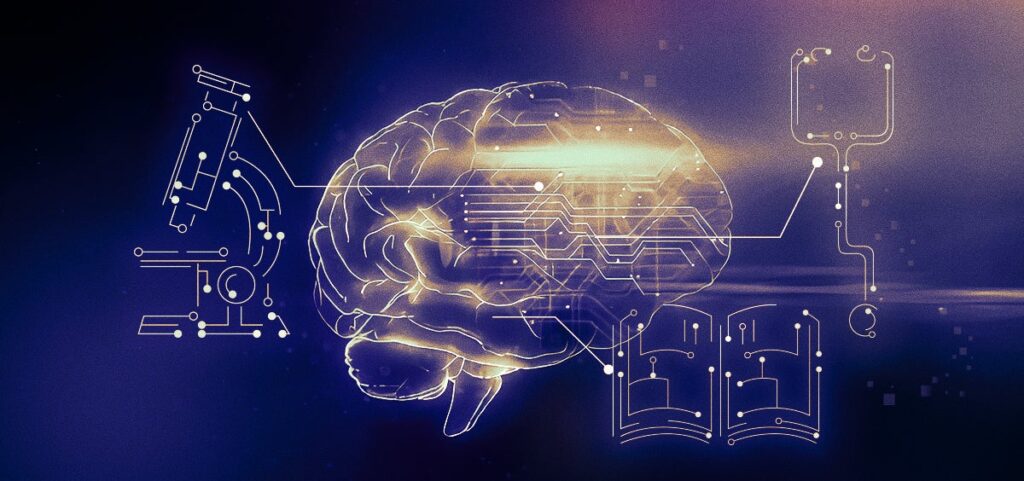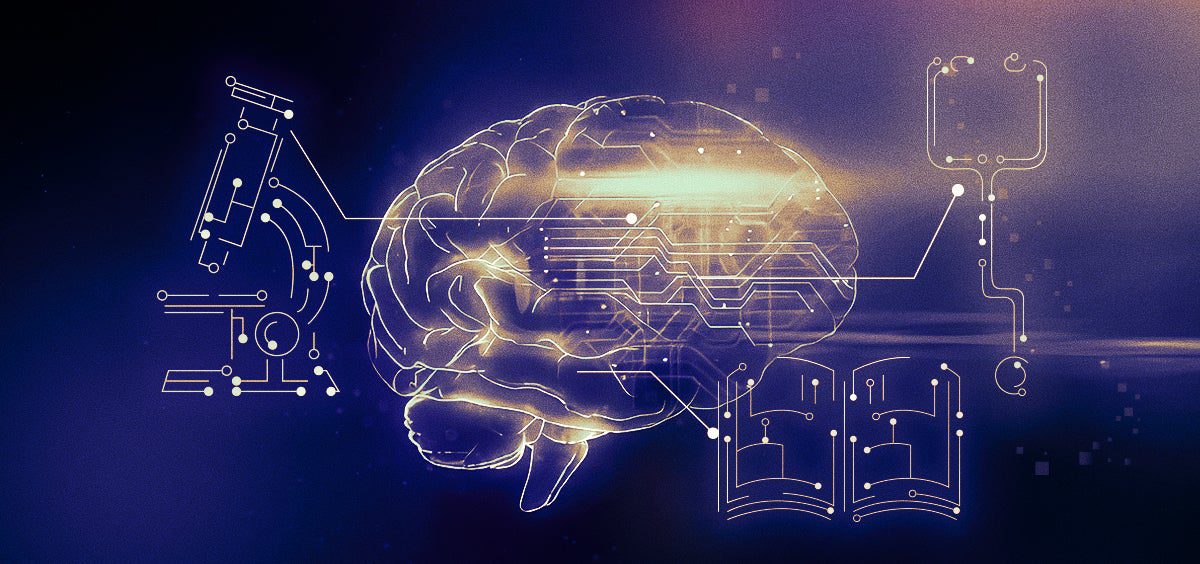
Artificial General Intelligence (AGI) has long been a subject of fascination and exploration in the field of artificial intelligence. Unlike narrow or specialized AI systems, which excel in specific tasks, artificial general intelligence course aims to create machines with human-like cognitive abilities capable of understanding, learning, and adapting across a wide range of tasks and domains. The pursuit of AGI represents one of the most ambitious and transformative endeavors in the history of technology and science. In this article, we’ll explore the importance of an AGI course and why it’s a field worth diving into.
About Artificial General Intelligence course
The Current State of Artificial General Intelligence
Before delving into the significance of AGI, it’s essential to understand the current landscape of AI. As of my last knowledge update in September 2021, AI systems have made remarkable progress in narrow domains. We have seen AI excel in tasks like natural language processing (NLP), image recognition, game playing, and autonomous driving. These achievements, however, were largely due to specialized algorithms and vast amounts of data.
The Limitations of Narrow AI
Narrow AI, also known as Weak AI, is designed to perform specific tasks or solve particular problems. These systems lack the ability to generalize their knowledge and adapt to unfamiliar situations. For instance, a chatbot that can answer questions about the weather may not understand a conversation about quantum physics. This limitation arises because narrow AI lacks the cognitive flexibility that characterizes human intelligence.
The Promise of AGI
AGI seeks to overcome the limitations of narrow AI by developing machines that can learn and reason across diverse domains, much like humans. Achieving AGI would mean creating systems that can understand context, learn from experiences, and apply knowledge to solve problems in a wide variety of domains. It could revolutionize industries, from healthcare to education, and transform the way we interact with technology.
The Importance of an AGI Course
- Preparing for the Future: An AGI course is essential because it prepares individuals to be at the forefront of a technological revolution. As AGI evolves, it will create new job opportunities and demand a workforce with the skills and knowledge to develop, maintain, and regulate AGI systems.
- Ethical Considerations: AGI raises significant ethical concerns, such as the potential for bias, job displacement, and the impact on society. An AGI course can equip students with the ethical framework needed to navigate these complex issues responsibly.
- Interdisciplinary Learning: Building AGI requires expertise in multiple fields, including computer science, neuroscience, psychology, and philosophy. An AGI course can foster interdisciplinary learning, encouraging students to explore these diverse areas of knowledge.
- Innovation and Problem Solving: AGI research involves tackling some of the most challenging problems in AI and computer science. Studying AGI can cultivate critical thinking and problem-solving skills that are transferable to various domains.
- Understanding Human Intelligence: AGI research often draws inspiration from the study of human intelligence. An AGI course can provide insights into the nature of human cognition, offering a deeper understanding of ourselves in the process.
Challenges in Pursuing AGI
While the pursuit of AGI is compelling, it comes with its own set of challenges and complexities:
- Technical Hurdles: Developing machines with human-like cognitive abilities remains a daunting technical challenge. AGI requires breakthroughs in areas like natural language understanding, common-sense reasoning, and unsupervised learning.
- Ethical Concerns: AGI raises ethical dilemmas, including issues of control, privacy, and the consequences of AGI systems surpassing human capabilities. These concerns must be addressed as AGI research progresses.
- Safety and Control: Ensuring the safety and control of AGI systems is paramount. An AGI course should emphasize research into methods for making AGI systems align with human values and objectives.
- Regulatory Framework: AGI development should occur within a robust regulatory framework to prevent misuse and ensure responsible development. An AGI course should explore the legal and regulatory aspects of AGI.
Conclusion
Artificial General Intelligence represents the pinnacle of AI research, aiming to create machines that can match or even exceed human intelligence across a wide range of tasks. Pursuing an AGI course is a journey into the future, equipping individuals with the knowledge and skills needed to shape the development and impact of AGI on society. While challenges remain, the potential benefits and the transformational power of AGI make it a field worth exploring and investing in. As AGI continues to evolve, it will undoubtedly play a pivotal role in shaping the future of technology and human society.
